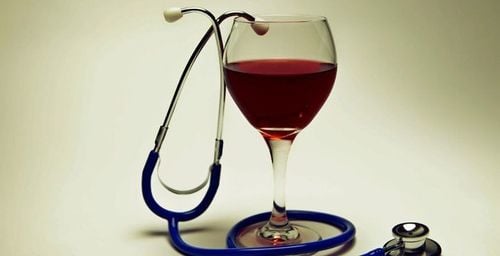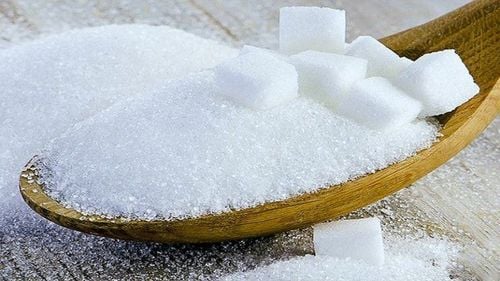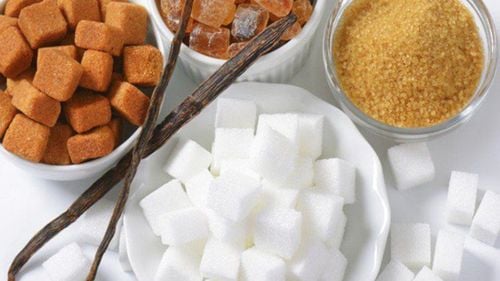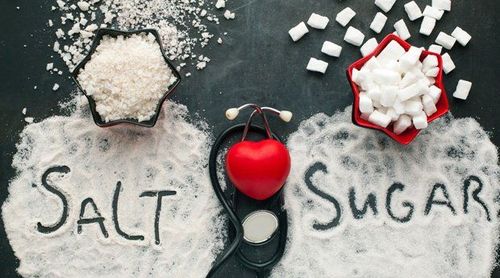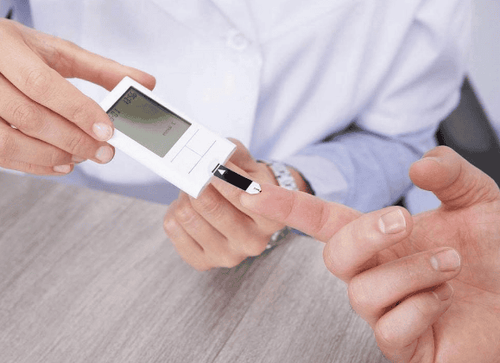This is an automatically translated article.
If you are trying to reduce the amount of sugar and calories in your diet then you can turn to artificial sweeteners or other sugar substitutes. Artificial sweeteners and other sugar substitutes are found in many foods and beverages on the market with "sugar-free" and "diet" labels.
1. What are artificial sweeteners and other sugar substitutes?
Sugar substitutes are sweeteners that you use to replace regular table sugar. Artificial sweeteners are substances used to replace sugar. Some manufacturers refer to their sweeteners as natural sweeteners, even though they are refined.
Natural sweetener: As a sugar substitute, advertised as a healthier alternative to sugar or other sugar substitutes. Even so, natural sweeteners often undergo processing and refining. FDA-approved natural sweeteners include: Fruit juices and nectarines, honey, molasses, maple syrup; Artificial Sweetener: A synthetic sugar substitute. However, they can also be derived from natural substances such as herbs or sugars. Artificial sweeteners are also known as intense sweeteners because they are many times sweeter than sugar. It can be a very good alternative to sugar since they hardly add calories to your diet. In addition, you only need to use artificial sweeteners in very small amounts compared to the amount of sugar you normally use to sweeten. Artificial sweeteners are widely used in processed foods such as soft drinks, sugary drinks, baked goods, candies, cakes, canned goods, jams, jellies and dairy products.
2. Health Benefits of Artificial Sweeteners
Some of the health benefits of artificial sweeteners are as follows:
No tooth decay; Weight control: Artificial sweeteners have virtually no calories. In contrast, one teaspoon of sugar has about 16 calories. 1 can of soft drink with about 10 teaspoons of sugar has 160 calories. Therefore, if you want to lose weight or control weight gain, you should use products sweetened with artificial sweeteners, although its long-term weight loss effects are unclear; Good for people with diabetes: Artificial sweeteners are not carbohydrates, so they do not raise blood sugar like regular table sugar. Even so, people with diabetes should still consult their doctor before using any sugar substitute.

Một lợi ích chất tạo ngọt nhân tạo là không gây sâu răng
3. Risks of Artificial Sweeteners
Many people believe that artificial sweeteners can cause many health problems, including cancer. This view comes from studies dating back to the 1970s that linked the artificial sweetener saccharin with bladder cancer in lab rats. Therefore, saccharin used to carry a warning label that it could be hazardous to health.
However, according to the US National Cancer Institute and other health agencies, there is no scientific evidence that artificial sweeteners can cause cancer or other serious health problems. Many studies confirm that artificial sweeteners in small amounts are generally safe, even for pregnant women. As a result, the warning label for saccharin has been removed.
Artificial sweeteners are regulated by the Food and Drug Administration (FDA) as food additives. They will have to be reviewed and approved by the FDA before being marketed. The FDA declares a substance to be recognized as safe if it meets one of the following criteria:
Experts consider the substance safe for its intended use on the basis of scientific data; These substances have been used so commonly in food for so long that they are considered safe. The FDA also establishes a daily intake (ADI) for each artificial sweetener. The ADI is the maximum amount considered safe to consume per day for a lifetime. The ADI is usually set at a very conservative level.
4. New Sweeteners
New sweeteners are difficult to put into a specific category. For example stevia. Tagatose is also a new sweetener. It is a low-carbohydrate sweetener similar to naturally occurring fructose but produced from the sugar lactose in dairy products.

Tagatose là chất tạo ngọt nhân tạo
5. Learn about sugar alcohols
Sugar alcohols are carbohydrates that occur naturally in some fruits and vegetables. Despite their name, sugar alcohols are non-alcoholic because they do not contain ethanol (found in alcoholic beverages). Sugar alcohols are not considered strong sweeteners because they are not sweeter than sugar, or even less sweet than sugar. And like artificial sweeteners, the FDA regulates the use of sugar alcohols.
Sugar alcohols contain calories but they are lower in calories than sugar. That makes them an attractive food substitute. Sugar alcohols are not usually used when preparing food at home. However, they are found in many processed foods and other products such as chocolate, chewing gum, and toothpaste. It increases the sweetness, texture of the food and helps to keep the food moist. Sugar alcohols have many health benefits such as:
Does not cause tooth decay; Weight control: Sugar alcohols have calories but fewer calories than regular sugar, so they aid in weight control; Little effect on diabetes: Sugar alcohols are carbohydrates that can raise blood sugar levels. However, the body does not fully absorb sugar alcohols, so its effect on blood sugar is smaller than that of other sugars. However, you still need to talk to your doctor before using sugar alcohol. Users need to pay attention, when eating a large amount, sugar alcohol can have the side effect of laxative, causing bloating, flatulence and diarrhea.
6. Learn about natural sweeteners
Natural sweeteners have many different uses at home and in processed foods. The benefit of it is that it appears to be healthier than sugar, but their amounts of vitamins and minerals don't differ too much. And natural sweeteners are generally safe.
However, consuming too much added sugar, including natural sweeteners can cause health problems like tooth decay, weight gain, poor nutrition, increased triglycerides. Honey may contain small amounts of bacterial spores that can produce toxic toxins, so honey should not be given to children under 1 year of age.
When choosing sugar substitutes, whether artificial or natural, you must be a savvy consumer. At the same time, they should only be used in moderation.
Please dial HOTLINE for more information or register for an appointment HERE. Download MyVinmec app to make appointments faster and to manage your bookings easily.
Reference source: mayoclinic.org




